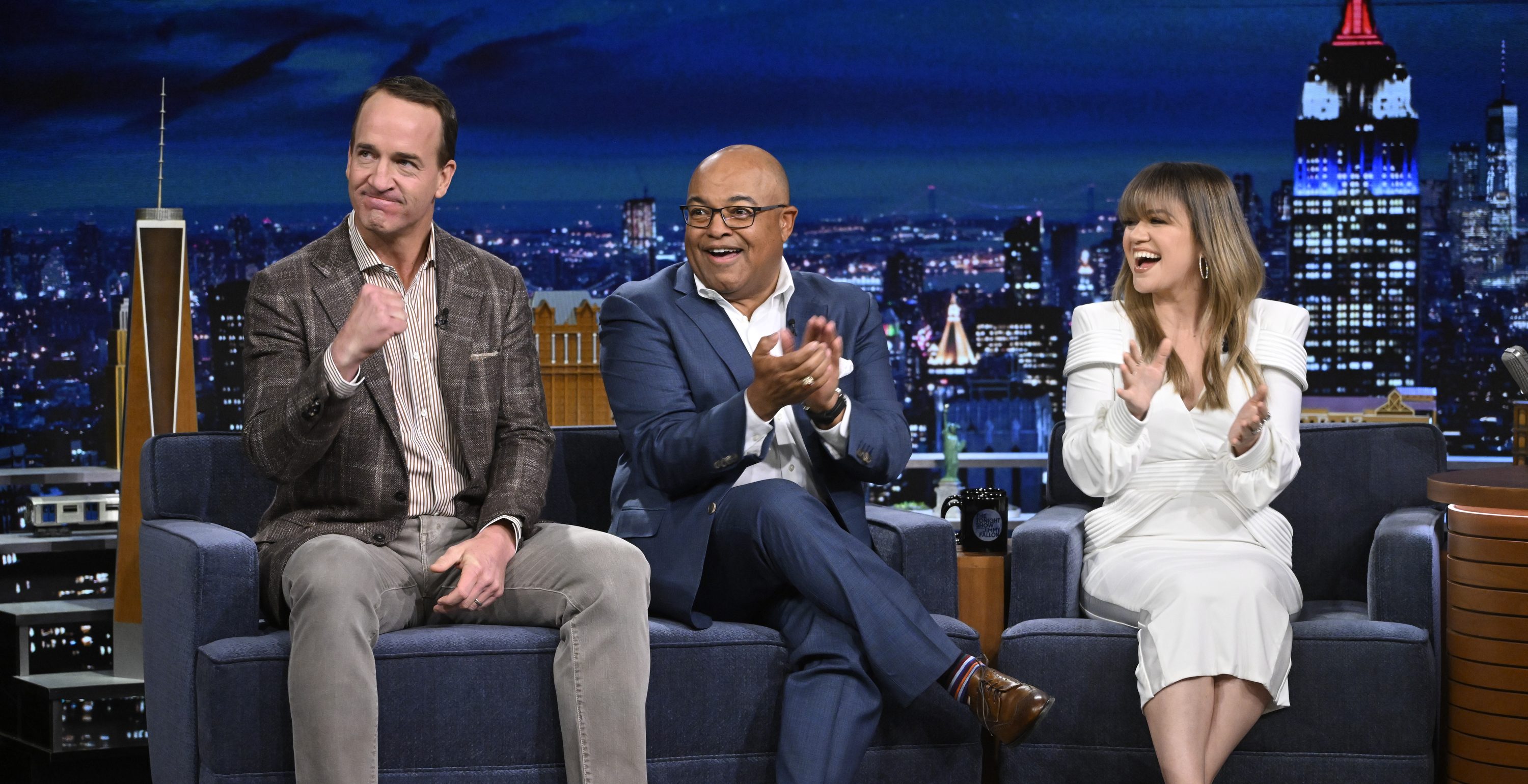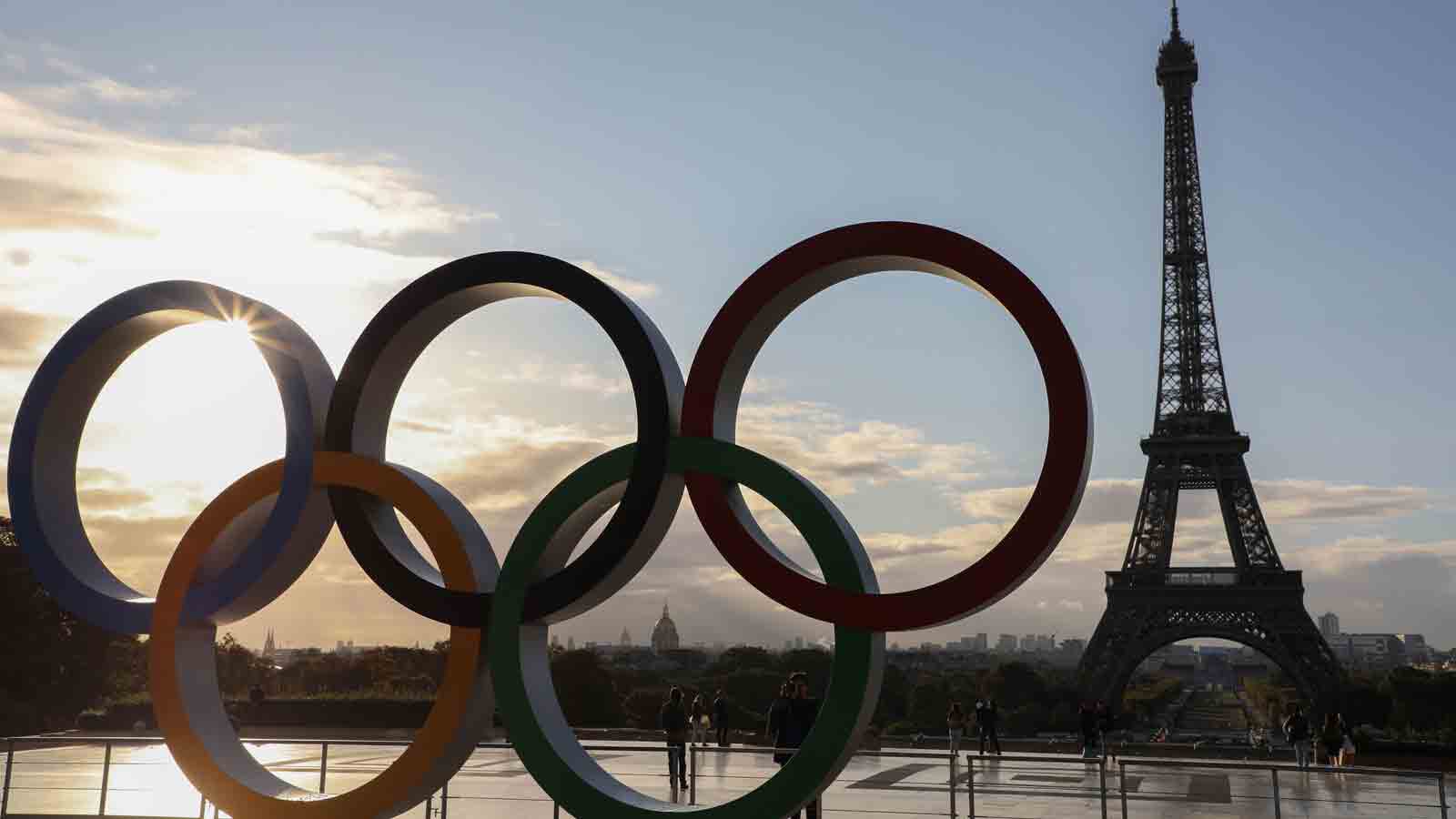
Russian and Belarusian athletes will not be allowed to take part in the traditional parade at the Opening Ceremony at the Paris Olympics, the IOC said Tuesday.
The Opening Ceremony on July 26 will see thousands of athletes travel on boats down the River Seine for several miles (kilometers) toward the Eiffel Tower, instead of the normal parade of teams inside a stadium.
The International Olympic Committee said athletes from Russia and Belarus who are approved to compete at the Olympics as neutrals will have a chance only “to experience the event” — likely watching from near the river.
The IOC decision follows the International Paralympic Committee which two weeks ago announced a ban for its Paris Opening Ceremony on Aug. 28.
Get top local stories in Connecticut delivered to you every morning. >Sign up for NBC Connecticut's News Headlines newsletter.
Russia and Belarus are barred from team sports at the Olympics because of the war in Ukraine and the IOC has laid out a two-step vetting procedure for individual athletes from those countries to be granted neutral status. Those athletes must first be approved by the governing body of their individual sport and then by an an IOC-appointed review panel.
Neutral athletes must not have publicly supported the invasion of Ukraine, or be affiliated with military or state security agencies. It is unclear if membership of a Russian military sports club, such as CSKA, will be a reason for denying neutral status.
The IOC said Tuesday it expects about 36 neutral athletes with Russian passports and 22 with Belarusian passports to qualify for the Paris Games.
A decision on whether those athletes will be allowed to take part in the Aug. 11 Closing Ceremony will be taken “at a later stage,” the IOC said.
Any medals won by neutral athletes will not be counted as a collective group in the overall medals table.
The IOC also revealed details of the replacement flag in jade green that will be used for neutral athletes at medal ceremonies, where a specially written anthem without lyrics will be played.
In another source of tension between Olympic leaders and Russian sport, the IOC decided Tuesday that the International Boxing Association led by Kremlin-backed Umar Kremlev will not be involved in organizing bouts for the 2028 Los Angeles Olympics.
The IOC also threatened to remove boxing from the Los Angeles program in what seemed like a challenge to national federations worldwide to distance themselves from the IBA and Kremlev.
The IOC withdrew its recognition of the IBA last year and the body was not allowed to take part in organizing boxing at the previous Tokyo Olympics or in Paris. But Kremlev has further riled the IOC with confrontational comments and support for the rival Friendship Games scheduled in Russia in September.
“If we do not have a new boxing body to work in partnership with the IOC, we will not be in a position to have boxing at the program of (Los Angeles),” the Olympic body said.
Leaving Russia
Two Russian athletes who have changed national-team eligibility to different countries got those moves approved by the IOC.
Swimmer Anastasiia Kirpichnikova, a two-time European silver medalist in distance freestyle events, is eligible to represent France at the Olympics, and Greco-Roman wrestler Aleksandr Komarov can compete for Serbia. He won the European championship this year.
Guatemala restored
The IOC eased a suspension imposed 18 months ago on the national Olympic body of Guatemala because of alleged government interference.
The IOC cited “the interest of the athletes” as a reason for provisionally lifting the ban, which should clear the way for Guatemalan athletes to compete in Paris with their flag, anthem and team name.
The president of Guatemala, Bernardo Arévalo, came to Switzerland for talks with the IOC last month.





